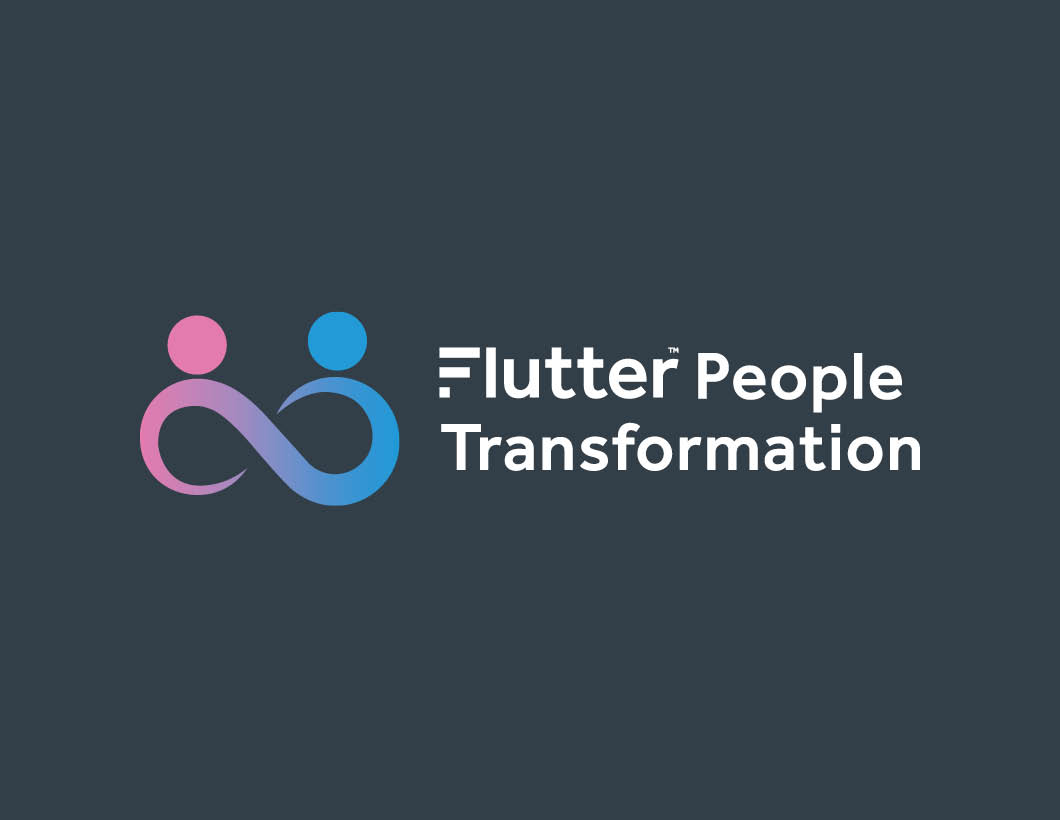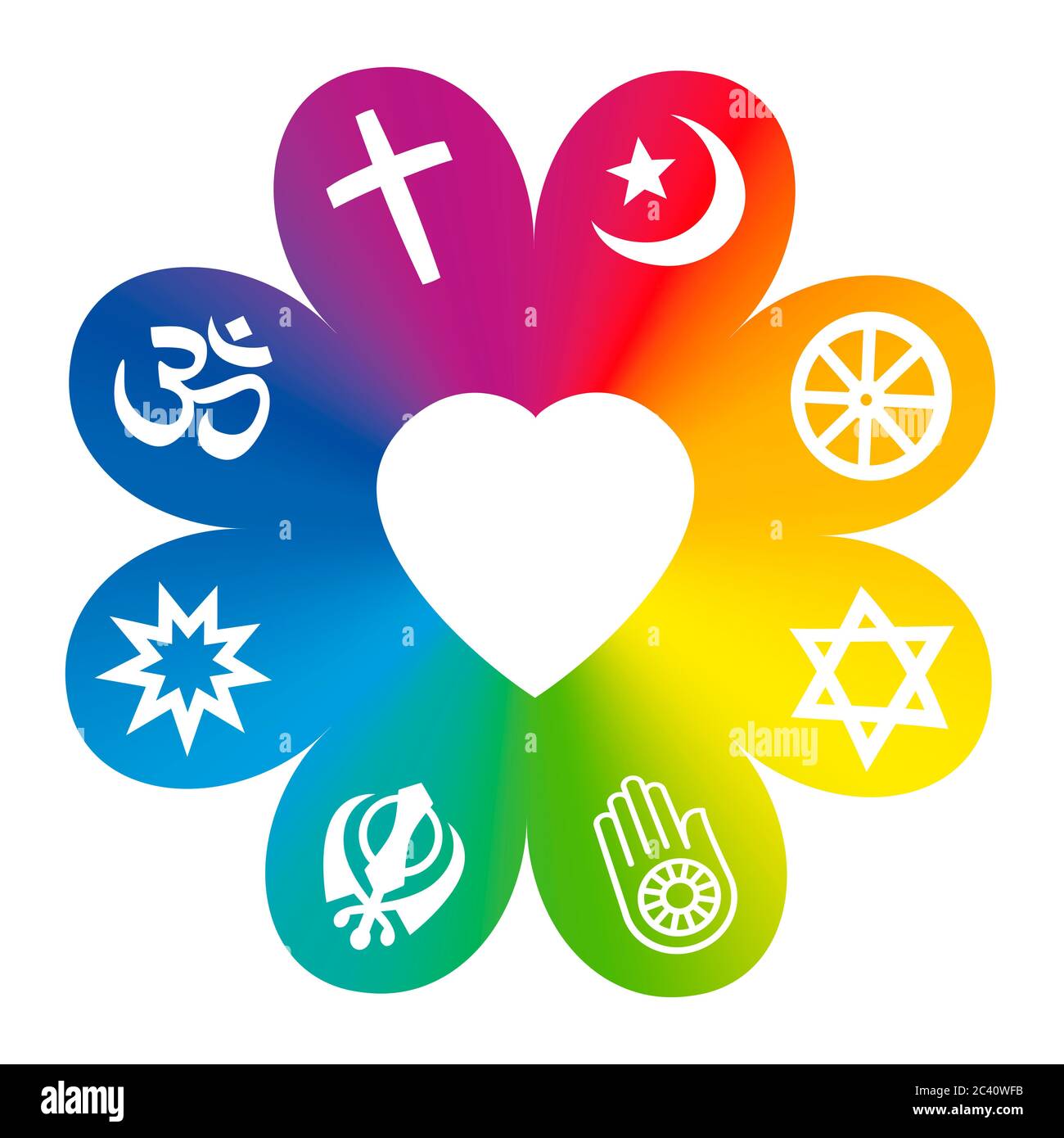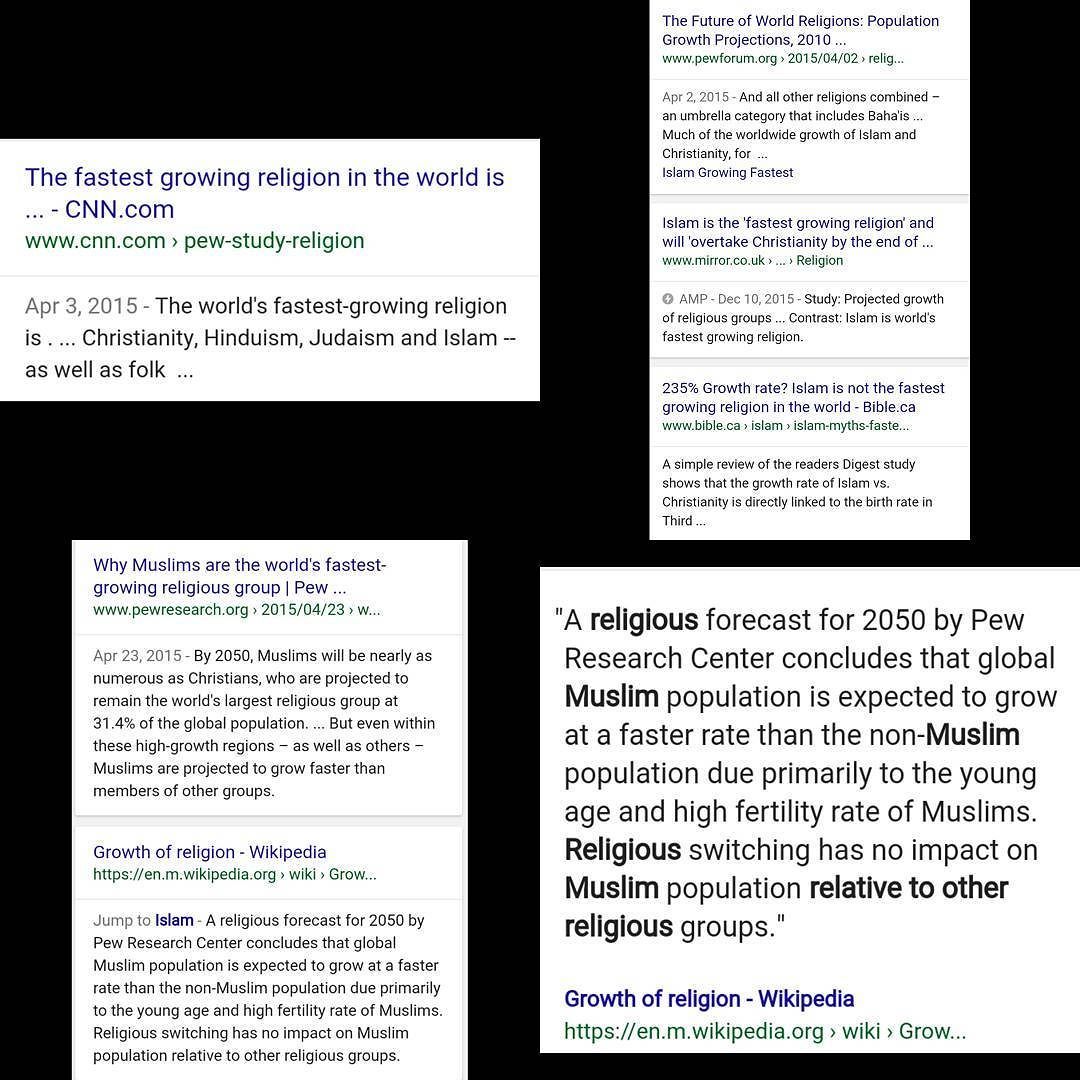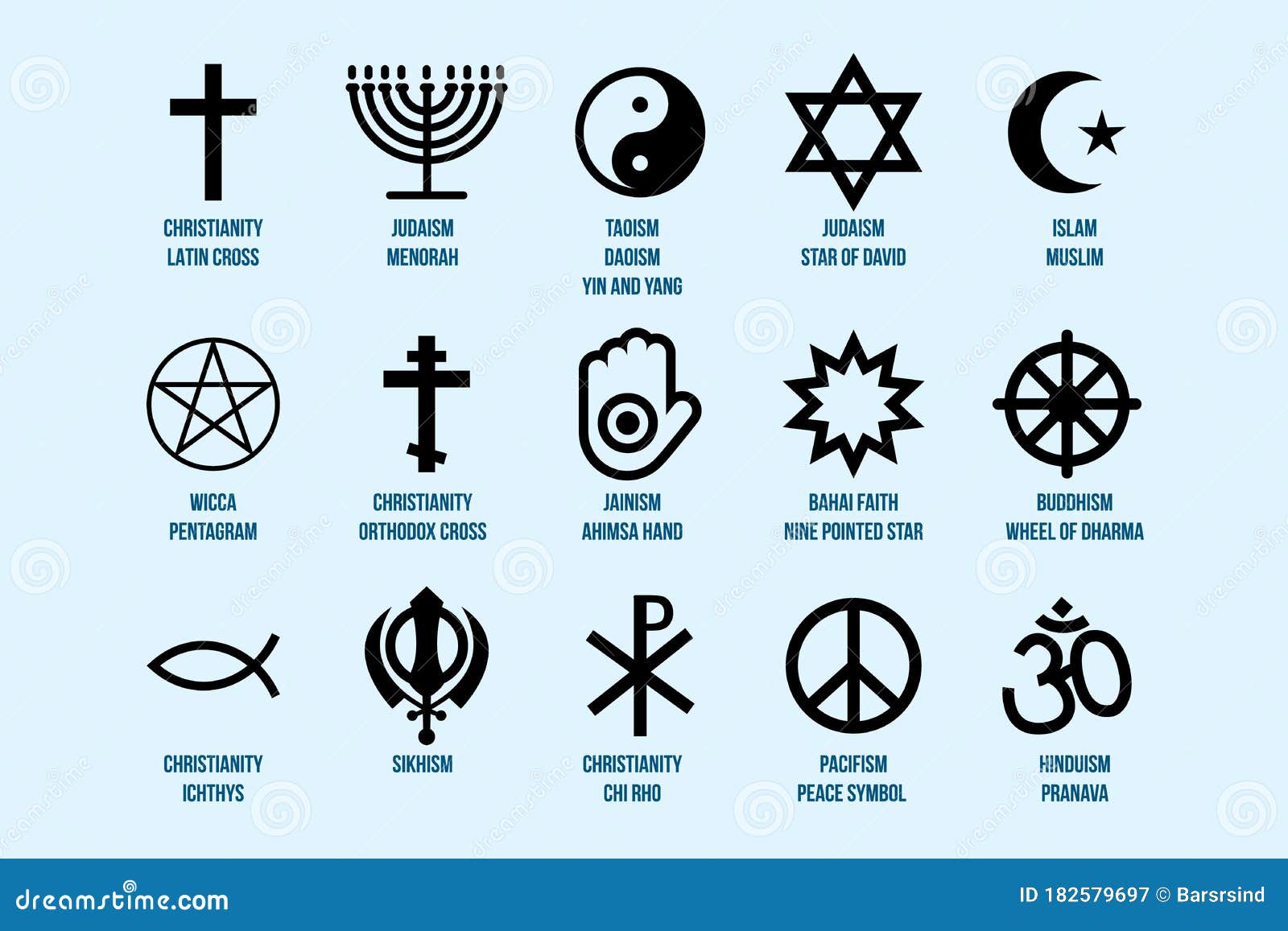Is Veganism a Religion? Understanding Belief, Law, and Practice
Introduction: Unpacking the Question
The question of whether veganism is a religion has become increasingly relevant as more individuals adopt vegan lifestyles for ethical, environmental, and health reasons. While veganism is primarily known as a dietary and ethical practice that seeks to avoid the use of animal products, some adherents hold their convictions with a level of sincerity and commitment traditionally associated with religious faiths. This article explores the philosophical, legal, and cultural dimensions of the question, providing actionable guidance for individuals, employers, and organizations navigating this complex landscape.
Defining Veganism: Belief or Religion?
Veganism is generally defined as a way of living that seeks to exclude all forms of exploitation of, and cruelty to, animals for food, clothing, or any other purpose. Many vegans cite ethical, environmental, or health motivations. However, the depth of commitment among some individuals-especially so-called ‘ethical vegans’-raises the question of whether veganism transcends lifestyle and enters the domain of religion or philosophical belief [1] .

Source: vegan-religion.org
For example, Jordi Casamitjana, an ethical vegan, avoids not only animal-based foods but also products such as wool and leather and companies that engage in animal testing. He pursued legal action after claiming discrimination based on his vegan beliefs, arguing they should be protected similarly to religious beliefs [1] .
Legal Recognition: Philosophical Belief Versus Religion
Legal systems often distinguish between religious and philosophical beliefs, but the boundary can be blurry. In the United Kingdom, a 2020 court decision ruled that ethical veganism qualifies as a ‘philosophical belief’ deserving the same anti-discrimination protections as religious beliefs. The judge determined that ethical veganism met legal criteria for such beliefs, including being worthy of respect in a democratic society and not conflicting with human dignity or the rights of others [1] .
In the United States, courts have sometimes interpreted veganism as potentially falling under the category of religious belief for the purposes of anti-discrimination laws. U.S. Equal Employment Opportunity Commission (EEOC) regulations state that ‘religious practice’ includes “moral or ethical beliefs as to what is right and wrong which are sincerely held with the strength of traditional religious views” [3] . In one case, a court found it was possible for an individual’s commitment to veganism to be protected if held with sufficient sincerity [3] .
Academic analysis supports this perspective, finding that ethical veganism can meet the definition of ‘religion’ under U.S. law when it involves a comprehensive belief system and associated practices [2] .

Source: healthfullvegan.com
Veganism Within World Religions
Veganism and vegetarianism have longstanding associations with several world religions. For instance, Hinduism, Jainism, Buddhism, and Sikhism all include vegetarianism as a central or recommended practice. In Jainism, vegetarianism is mandatory; in Hinduism and Mahayana Buddhism, it is strongly encouraged [5] . In contrast, Abrahamic religions such as Judaism, Christianity, and Islam do not generally mandate vegetarianism, but each contains traditions and scriptural references that support plant-based diets or compassionate treatment of animals [4] .
For example, some Jewish scholars interpret the Torah as establishing plant-based diets as God’s intention for humanity. Similarly, Islamic scripture recognizes animals as communities warranting compassion. While these religious traditions may inspire vegan living, veganism itself is not an organized religion with rituals, clergy, or doctrines in the conventional sense [4] .
Practical Implications: Legal Protections and Workplace Rights
For individuals whose vegan beliefs guide major life decisions, understanding legal protections is crucial. In regions like the UK, ethical veganism is legally protected against discrimination similarly to religion. In the U.S., the situation varies: veganism may be protected under laws that cover sincerely held moral or ethical beliefs, especially in the context of employment discrimination or accommodation requests [3] . If you believe you have been discriminated against for vegan practices, you can:
- Document the incident, including dates, details, and parties involved.
- Contact your organization’s Human Resources or Diversity & Inclusion office.
- Consult a qualified employment attorney familiar with discrimination law.
- File a complaint with the relevant agency, such as the U.S. Equal Employment Opportunity Commission (EEOC) or the UK Equality and Human Rights Commission.
When requesting accommodations (e.g., vegan meal options or exemptions from mandatory vaccinations involving animal-derived ingredients), clearly articulate the ethical or philosophical basis for your request. In many cases, employers are legally obligated to consider accommodations for sincerely held beliefs, regardless of whether they are formally recognized religions [3] .
How to Access Resources and Support
If you are seeking support for vegan-related rights or resources, several pathways are available:
- Contact national organizations such as The Vegan Society (UK) or The American Vegan Society for guidance. You can search for their official websites and member services.
- Explore legal aid organizations with experience in employment or discrimination law. Many countries maintain official directories of legal professionals who can assist with belief-based claims.
- Discuss your needs with workplace or school administrators, referencing relevant laws and regulations. In the U.S., refer to the EEOC’s guidance on religious and philosophical accommodations.
- Engage with vegan advocacy groups for advice, community, and educational resources. You can find these groups online or through local directories.
When searching online for services or legal support, use terms such as “vegan workplace accommodation,” “ethical veganism legal protection,” or “belief-based discrimination assistance” to find reputable providers.
Challenges and Controversies
The classification of veganism as a religion or protected belief is not without controversy. Some critics argue that equating veganism with religion may dilute the concept of religion or create challenges for employers and institutions trying to balance competing rights. Others suggest that recognizing ethical veganism as a protected belief ensures fairness and reflects modern understandings of conscience and morality [1] .
Practical challenges may include determining the sincerity of an individual’s beliefs, accommodating requests without undue hardship, and navigating cultural sensitivities. Organizations can address these issues by establishing clear policies, providing training on anti-discrimination law, and consulting legal experts when complex cases arise.
Alternative Approaches and Considerations
For individuals who wish to express their ethical commitments without framing them in religious terms, it is possible to advocate for rights and accommodations based on moral or philosophical beliefs. Many legal systems recognize this broader category and provide similar protections. Conversely, those seeking to align veganism with religious practice can draw on historical and scriptural precedents in traditions such as Jainism, Buddhism, and certain Christian or Jewish movements [5] .
Employers, educators, and service providers should adopt inclusive policies that respect sincerely held ethical and philosophical beliefs, regardless of their religious status. Proactive engagement with affected individuals and communities can help prevent misunderstandings and foster a respectful environment for all.
Summary and Key Takeaways
While veganism is not an organized religion in the traditional sense, it can be considered a protected philosophical belief under the law in several jurisdictions. Some courts have recognized ethical veganism as deserving of the same protections as religion, especially when held with comparable sincerity and conviction. Religious traditions worldwide provide further context for vegan and vegetarian practices, but veganism itself remains a diverse and evolving movement. For those seeking support, legal recourse, or accommodations, multiple pathways exist-including advocacy organizations, legal professionals, and official government channels. As societal attitudes continue to evolve, so too will the legal and cultural recognition of veganism’s place in the spectrum of belief systems.
References
- [1] European Academy on Religion and Society (2020). Is veganism a religion?
- [2] Scholarly Publishing Collective (2015). The religion of Ethical veganism.
- [3] Brightmine HR Center (n.d.). Food for Thought: Veganism Could Be Considered a Religion.
- [4] Viva! (2025). Veganism in Religion.
- [5] Wikipedia (2005). Vegetarianism and Religion.
MORE FROM cheerdeal.com













